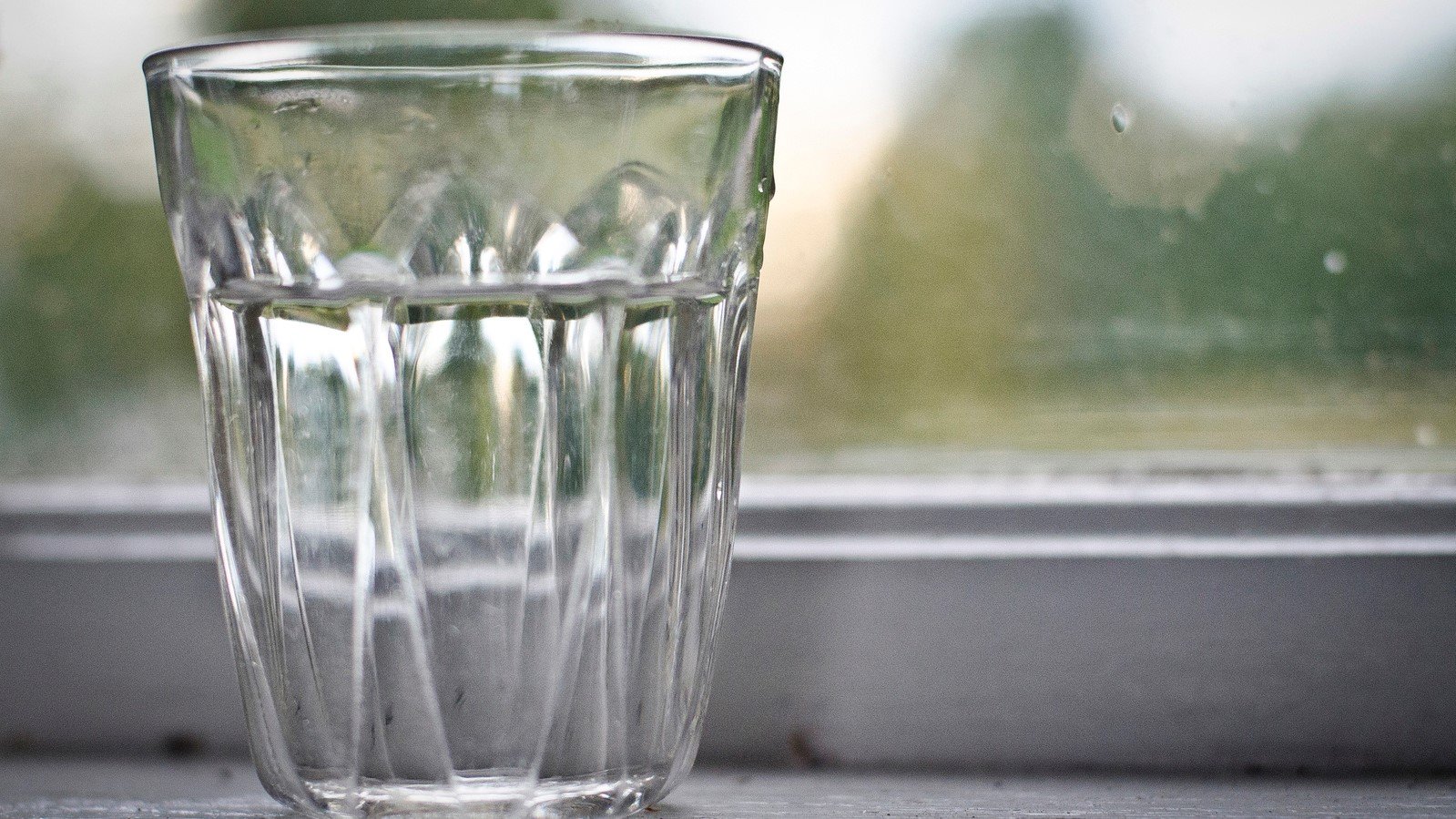According to wellhealthorganic.com:alcohol-consumption-good-for-heart-health-new-study-says-no.
Numerous studies in science have promoted the concept that drinking having a glass of red wine daily could be beneficial for the heart, but a brand new massive global investigation that was published in The Lancet on Friday disproves the idea that all alcohol consumption is healthy.
Alcohol consumption is not secure, as per The Global Burden of Diseases study which examined the levels of alcohol consumption and health-related effects of alcohol in the 195 countries studied from 1990 to the year 2016.
The study’s authors claim moderate drinking could protect those against coronary disease, the study also found that the possibility of developing cancer and other illnesses outweighs the potential benefits and so do the other potential risks of harm. The report calls on governments to review health guidelines and suggest less consumption.
“Our findings suggest that the most secure drink is not even one,” the report states. “This degree of alcohol consumption is not in line with the majority of health guidelines, which promote health benefits with drinking up to two drinks a day.”
The study examined various risks that alcohol consumption can cause which included diseases such as driving accidents, self-harm and. According to the study, alcohol was responsible for 2.8 million deaths during the year 2016. It was the top risk factor for diseases across the globe as the study revealed which accounted for more than 10 percent of deaths in the 15-49 age group.
For people younger than 50 the top three causes of death related to alcohol consumption were road-related injuries, tuberculosis and self-harm according to the study. Alcohol consumption was also the leading cause of cancer in people over 50.
Despite the study’s uncompromising messages however, some critics suggest the findings may be exaggerated. The claim that there is no limit to drinking alcohol isn’t an argument that can convince individuals to quit drinking completely According to David Spiegelhalter, the Winton professor of public’s understanding of risks of Cambridge University. University of Cambridge
The U.S., social acceptance of drinking alcohol is at its highest level. Certain states have liberalized their laws on drinking. For example, New York passed a law in 2016 that allowed establishments to offer drinks earlier in the Sunday party. Also, Georgia in the same year passed what was known as the “mimosa law.”
This could send a message that drinking alcohol is okay according to experts, but they warn that five percent of all cancers can be caused by alcohol. It is the American Cancer Society of Clinical Oncology is a group of doctors treating cancer is striving to educate the public about the risks of drinking excessively.
The Centers for Disease Control and Prevention currently suggests that women limit their consumption of alcohol by drinking one drink a day, and males should drink two drinks a day, however it’s not difficult to be in excess of the limits. A drink is five ounces of wine 12 ounces of a beer with 5 percent alcohol as well as one shot liquor however many mixed drinks have greater than one drink, and certain craft beers have more alcohol.
The study showed that across the world approximately one in three people consume alcohol. Additionally, 25 % of females and 40% of males alcohol drinkers. Women drink on average 0.73 daily and men consume around 1.7 every day. This study also confirms that a lot of previous research has revealed: The higher the number of people who drink alcohol, the greater the risk of developing alcohol-related health issues.
However there are many cancer specialists who acknowledge that moderate consumption of alcohol may be safe, according to Noelle LoConte, an oncologist and associate professor at the University of Wisconsin.

